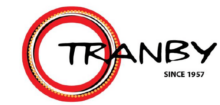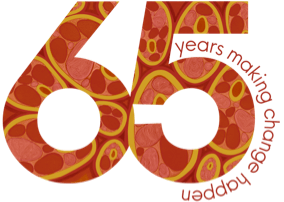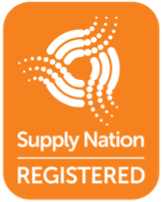Home > Educate > Courses > On Campus Courses > Diploma of Applied Aboriginal Studies
11026NAT
Diploma of Applied Aboriginal Studies
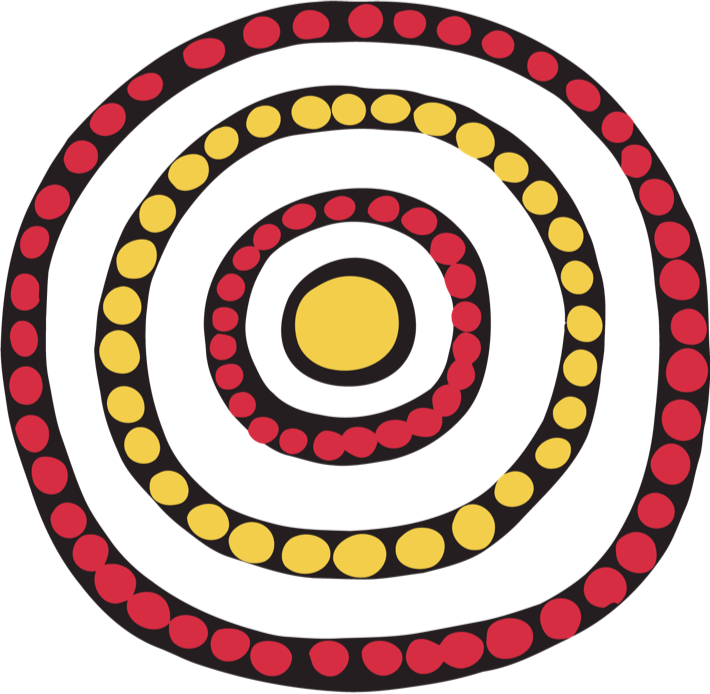
What is this course?
This program is designed for Aboriginal and Torres Strait Islander peoples who seek to work in the space of cultural awareness or desire to learn more about Aboriginal history and culture. It aims to enhance and compliment skills and knowledge for graduates to work more effectively with Aboriginal and Torres Strait peoples, their organisations and communities.
Who is this course suited to?
The 11026NAT Diploma of Applied Aboriginal Studies prepares students to work in jobs that interact with, work for and/or plan policy in relation to Aboriginal and Torres Strait Islander peoples. These include, but are not limited to field workers, liaison officers, consultants, advocates, negotiators and educators.
As a nationally recognised diploma, the course can also be used as a platform for undertaking further study.
- Aboriginal community organisations
- Training others in cultural competence
- Aboriginal cultural and tourism events
This training is available to Aboriginal and Torres Strait Islander peoples over 18 years of age.
Tranby receives funding from the Federal Government to support Indigenous non-NSW residents and from the NSW Government to support Indigenous NSW residents. This means that you do not need to pay tuition fees or travel and accommodation expenses if you live outside Sydney and are eligible for subsidised travel and accommodation. The availability of ABSTUDY support is based on individual circumstances.
Course Delivery
Tranby’s student support team is here for you on your learning journey. The team includes your trainer for academic support, dedicated IT support and Student Services for general assistance. You can also book time with one of Tranby’s Elders in Residence for cultural support and connection.
The course is divided into five consecutive study blocks with their associated assessments such as simulated meetings, case studies, written reports and short answer questions. Each study block runs for one week and is followed by self-paced study of about two months. The entire course runs over a one-year duration.
Students must attend the study blocks and submit their assessments by the due dates. The study load is typically 20-25 hours per week between study blocks.
Once we receive your Expression of Interest, we will contact you before the next course begins.
You will need access to a computer or tablet or mobile phone. If you do not have access to a suitable device, please let us know as we may be able to help.
If using a computer, you will need internet access, a PDF reader and software to view videos. Tranby will provide access to Microsoft Office 365 software (Word, Excel, PowerPoint, SharePoint, Teams and Outlook) as well as an individual Tranby student email address.
If using a tablet or mobile phone, you will need internet or mobile phone access and you will need to download and install apps including a PDF reader, a video viewer and Microsoft Office 365, if you do not already have them.
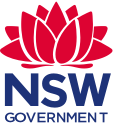
This training is subsidised by the NSW Government.
For students residing outside of NSW, the training is supported by the National Indigenous Australians Agency.
On Campus Course
Course Enquiries
Phone: 0420 379 617
Email: studentservices@tranby.edu.au
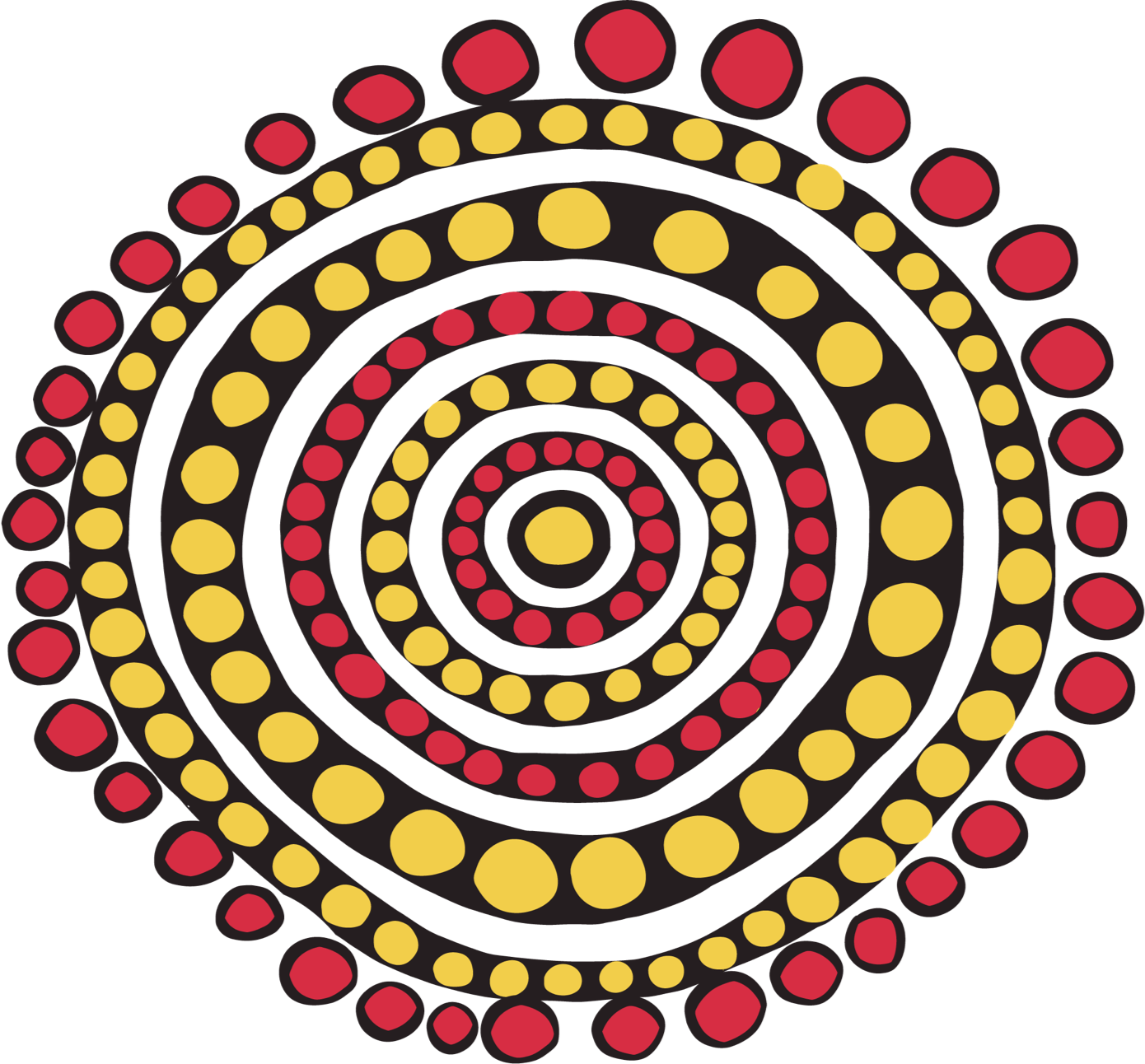
Course structure
Module
Historical perspectives and identity
NAT11026002 Analyse concepts of identity
NAT11026005 Investigate family histories
NAT11026009 Evaluate disadvantage in colonised Indigenous nations
Invasion – Colonial policies and survival
NAT11026001 Analyse the impact of invasion and genocide
NAT11026003 Analyse protection and assimilation policies and practices
Connection to Country
NAT11026004 Interpret kinship and belonging to the land
Self-determination and the legal system
NAT11026007 Review the influence of legal systems on Aboriginal peoples self-determination
NAT11026008 Support Aboriginal peoples self-determination and social justice
Cultural identity
NAT11026006 Contribute to maintenance of Aboriginal peoples cultural identity
